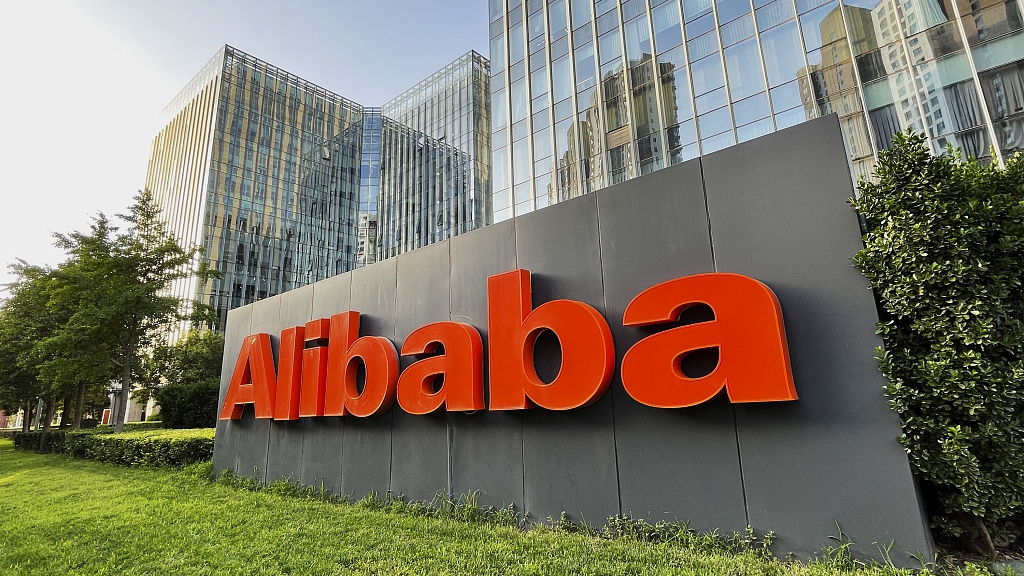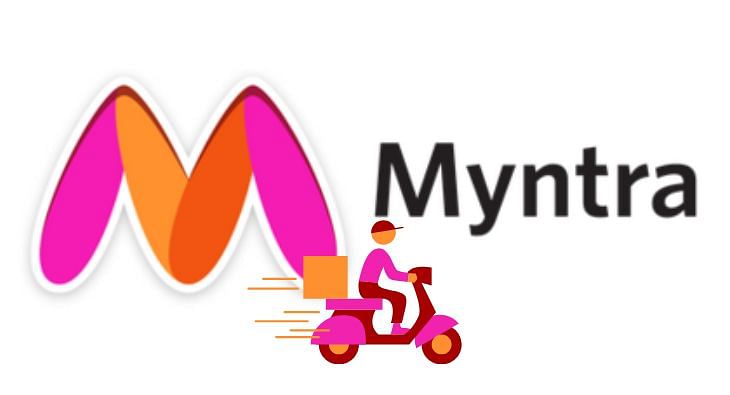- The Titans of E-commerce
- 1. Amazon: The Unstoppable Force
- 2. eBay: The Global Marketplace
- 3. Alibaba: The Chinese E-commerce Giant
- 4. Walmart: The Retail Giant’s Digital Transformation
- 5. Etsy: The Marketplace for Handmade and Vintage Goods
- 6. Apple: The Tech and Lifestyle Brand
- 7. Best Buy: The Electronics Retail Leader
- 8. Target: The Affordable Style Destination
- 9. Zappos: The Customer Service Champion
- 10. Myntra: India’s Fashion Powerhouse
- Key Factors Driving E-commerce Success
The e-commerce landscape has undergone a dramatic transformation, evolving from a niche market to a dominant force in global retail. This evolution has been driven by technological advancements, changing consumer behaviors, and the emergence of innovative business models.
At the forefront of this revolution are a select group of e-commerce platforms that have consistently outperformed their competitors. This in-depth analysis explores the top 10 e-commerce sites, delving into their strategies, strengths, and the factors contributing to their success.
The Titans of E-commerce
1. Amazon: The Unstoppable Force
Amazon, the undisputed leader in e-commerce, has redefined the industry through its relentless focus on customer experience. With a vast product catalog, unparalleled logistics infrastructure, and a robust marketplace, Amazon has captured the hearts and wallets of consumers worldwide.
- Core strengths: Product diversity, fast shipping, customer obsession, third-party marketplace, cloud services (AWS)
- Success factors: Strong brand equity, data-driven decision making, continuous innovation, aggressive expansion strategy
2. eBay: The Global Marketplace

eBay pioneered the online auction model and has evolved into a global marketplace for a wide range of products. Its platform empowers both buyers and sellers, fostering a vibrant community and driving sales.
- Core strengths: Peer-to-peer marketplace, auction format, global reach, product diversity
- Success factors: Strong brand recognition, trust and security, mobile app, integration with PayPal
3. Alibaba: The Chinese E-commerce Giant

Alibaba is a dominant force in Chinese e-commerce and has expanded its reach globally. Its platform connects businesses with buyers, facilitating wholesale and retail trade on a massive scale.
- Core strengths: B2B focus, large customer base, payment solutions (Alipay), logistics infrastructure
- Success factors: Strong partnerships, focus on emerging markets, data analytics, mobile commerce
4. Walmart: The Retail Giant’s Digital Transformation

Walmart, a traditional brick-and-mortar retailer, has successfully transitioned to the online space. Leveraging its vast store network and strong brand reputation, Walmart offers a seamless omnichannel shopping experience.
- Core strengths: Store network, private label brands, low prices, focus on grocery and essentials
- Success factors: Omnichannel strategy, strong supply chain, loyalty programs, geographic reach
5. Etsy: The Marketplace for Handmade and Vintage Goods

Etsy has carved a niche for itself by catering to consumers seeking unique and handcrafted products. The platform empowers artisans and small businesses to reach a global audience.
- Core strengths: Unique product offerings, strong community, focus on sustainability, mobile app
- Success factors: Brand authenticity, customer loyalty, marketing partnerships, global expansion
6. Apple: The Tech and Lifestyle Brand

Apple online store is synonymous with premium products and a seamless shopping experience. The company’s focus on design, innovation, and customer satisfaction has solidified its position as a luxury brand.
- Core strengths: Strong brand image, product design, customer loyalty, ecosystem of products
- Success factors: Retail store integration, online exclusivity, emphasis on customer experience, brand storytelling
7. Best Buy: The Electronics Retail Leader
Best Buy has established itself as a leading electronics retailer with a strong online presence. Its focus on expert advice, product knowledge, and customer service has driven its success.
- Core strengths: Product expertise, in-store pickup, price matching, customer service
- Success factors: Loyalty programs, omnichannel strategy, focus on emerging technologies, strong supplier relationships
8. Target: The Affordable Style Destination
Target has positioned itself as a one-stop shop for fashion, home goods, and essentials. Its focus on affordability, style, and convenience has resonated with a wide audience.
- Core strengths: Strong private label brands, affordable pricing, in-store pickup, loyalty program
- Success factors: Omnichannel integration, focus on family and young adults, partnerships with designers, emphasis on sustainability
9. Zappos: The Customer Service Champion
Zappos has built a reputation for exceptional customer service and a vast selection of footwear and apparel. Its commitment to customer satisfaction has earned it a loyal following.
- Core strengths: Customer service, wide product selection, free shipping and returns, strong company culture
- Success factors: Employee empowerment, focus on customer experience, brand storytelling, loyalty programs
10. Myntra: India’s Fashion Powerhouse

Myntra has emerged as a leading fashion e-commerce platform in India. Its focus on style, trends, and a seamless shopping experience has driven its rapid growth.
- Core strengths: Strong fashion focus, wide product range, mobile app, exclusive brands
- Success factors: Partnerships with designers, aggressive marketing, focus on customer engagement, and fast delivery
Key Factors Driving E-commerce Success
Several key factors contribute to the success of these top e-commerce sites:
- Customer Experience: Prioritizing the customer journey, from product discovery to post-purchase support, is essential.
- Technology and Innovation: Embracing emerging technologies like AI, augmented reality, and blockchain can create competitive advantages.
- Logistics and Fulfillment: Efficient order processing, shipping, and returns are crucial for customer satisfaction.
- Marketing and Branding: Building a strong brand identity and effective marketing campaigns are vital for attracting and retaining customers.
- Data Analytics: Leveraging data insights to understand customer behavior and optimize business decisions is essential.
- Mobile Commerce: Optimizing the shopping experience for mobile devices is increasingly important.
Conclusion
The e-commerce industry is characterized by rapid change and intense competition. The top 10 e-commerce sites highlighted in this analysis have demonstrated exceptional performance by consistently adapting to evolving consumer trends and leveraging technology to their advantage. As the industry continues to evolve, these companies will need to maintain their focus on innovation, customer satisfaction, and strategic partnerships to stay ahead of the curve.
Would you like to delve deeper into a specific e-commerce site or explore a particular aspect of online retail? Read about Diving Deeper into the E-commerce World.
For those seeking to create their own successful online store, consider exploring the best e-commerce design trends of 2024 and partnering with top e-commerce developers to bring your vision to life.

